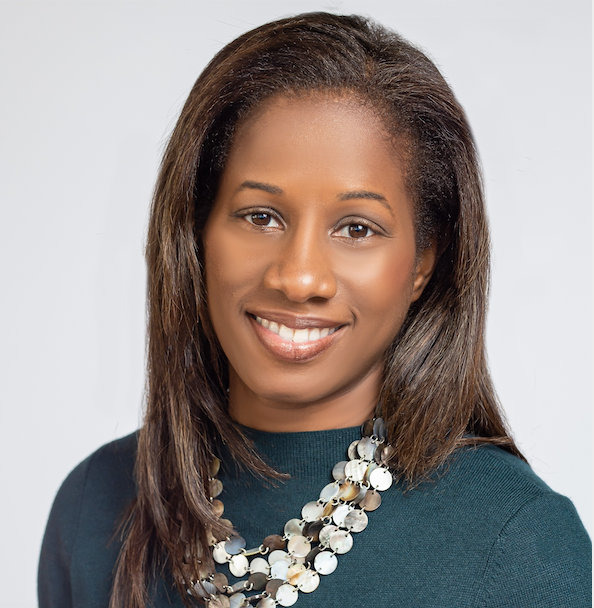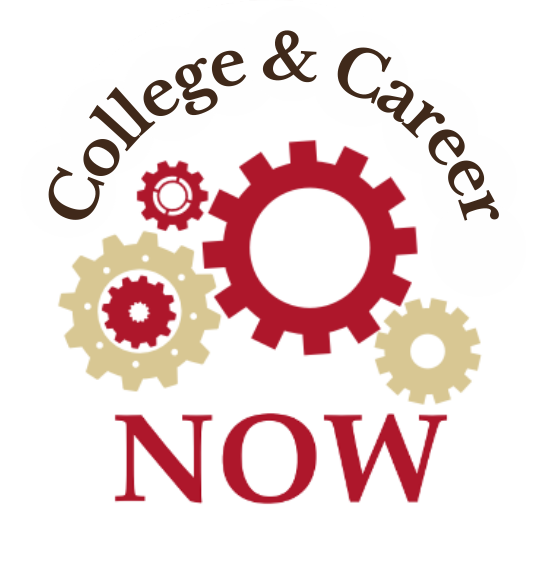
A Case For Learning Communities

By Ngozi Taffe, Ph.D
Assistant Vice President, Global Affairs, University of Connecticut
As we navigate through the pandemic, we can admit the past two years have been very difficult. In the case of students, in addition to the traditional uncertainly, nervousness and challenges of transitioning from high school to college, they have had to make this transition in the middle of a global pandemic, while adhering socially isolating rules brought on by Covid. Even while navigating this uncharted territory, students must strive to perform well academically, develop meaningful relationships with peers and instructors who may be going through similar challenges. According to Strayhorn (2010) the best opportunities for academic development and growth occur when student social and academic experiences are in concert with an atmosphere of nurturing, inclusivity, and support.
Recently, in speaking to a college student, she lamented, “I am supposed to be a junior in a few months, but honestly, I feel like a freshman. It has been hard making new friends and connecting with people while wearing a mask, I feel the pandemic robbed me of two years of my life!”
In reflecting on the words of this student and many others like her, now more than ever, we have to make a case for affirmative living spaces [learning communities] on our college campuses where students can connect with likeminded peers. A nurturing and intellectual space with opportunities to build social networks, develop meaningful peer relationship and access to peer and faculty mentoring. As such, the role of learning communities in fostering a holistic college experience for students is noteworthy.
Especially now, colleges should view students’ education from a holistic perspective, as a seamless progression from secondary learning to postsecondary schooling. This includes providing an environment, such as a learning community where students are fulfilled academically, socially, emotionally, and culturally. It becomes imperative for high school counselors, college counselors, advisors and mentors to direct students to engage with learning communities – in particular during the first two years of college and as an arsenal to foster their college persistence. Traditional support systems solely targeting the intellectual development of students are insufficient. Rather, support systems should include provisions for inquiring about the physical, mental and emotional health of the student and any stresses students may have, including financial stress and stresses from family back home (Taffe, 2022). One way to do this is by encouraging students to participate in learning communities where relatable peers and mentors, inquire about the health and overall well-being of the student and other external factors during advisory meetings (Brooms, 2018, Cintron et al., 2020). Understanding the unique circumstances of students may also offer insights on specific areas in which these students may need the most support.
As we [all] are still reeling from the effects of the pandemic, it is even more important now to invest in learning communities that are nurturing spaces for students. A home away from home that provides opportunities for students to build social networks, engage in intellectual exchanges as well as culturally relevant experiences – an affirming place where they can lay down their masks, decompress and prepare to face the world.
References
Brooms, D. R. (2018). ‘Building us up’: Supporting Black male college students in a Black male initiative program. Critical Sociology, 44(1), 141-155
Cintron, D., Hines, E.M., Singleton, II, P., & Golden, M.N. (2020). Improving retention and GPAs of Black males at PWI: An LLC approach. Journal of African American Males in Education, 11(1), 37-57
Strayhorn, T. L. (2010). Majority as temporary minority: Examining the influence of faculty-student relationships on satisfaction among white undergraduates at historically Black colleges and universities. Journal of College Student Development, 51(5), 509-524. doi:10.1353/csd.2010.0007
Taffe, Ngozi (2022) “He Needs to be In a Learning Community – Learning Community, a Place of Respite and Brotherhood while Persisting in College,” Journal of College Access: Vol. 7: Iss. 1, Article 11
